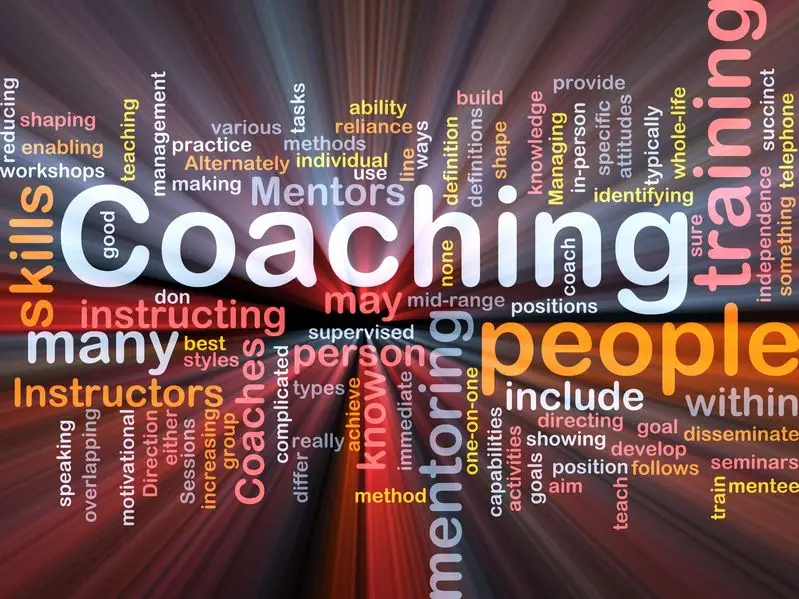
Softball is a sport that provides many opportunities for ecstatic happiness, extreme disappointment and everything in between whenever you step on the field. The temptation, as with any sport, is to maximize the number of amazing moments as often as possible. The problem with that is that there are anywhere from 12-18 players in the dugout that you are dealing with. Even though it is easy for a coach to only be thinking of the outcome, chances are that your athletes are wanting to come out of it feeling as good and successful as possible. This is where softball coaching ego can come into play.
Softball Coaching Ego
I have seen the extreme of ego on many fields and heard of many more. When I watch a game the first thing and the biggest thing that I pay attention to is the coaching staff. How do they relate to their players? How do they react to errors or when the game takes a turn for the worst. I watched a U12 national tournament final competition, it was amazing and enjoyable to watch the coach of one of the teams when they had a bad inning. I saw smiles and friendly returns rather than arms crossed and a frown on the coaches face. His actions told me that he was more focused on moving forward from the errors rather than punishing the team. Awesome.
I believe that as coaches we set the tone for our teams. A humble presence on the field goes a long way in gaining a good rapport with athletes. We need to realize that we are not the ones that we are there for, and that the athletes experiences are more important than what WE get of the experience. It’s when we are seeking something specific from being the coach of the team that the tension builds and players begin to feel uneasy when the score is not going their way. It is easy to spot the teams especially at the younger levels where the coach gets angry and / or punishes errors. The players begin to be more afraid to make errors rather than eager to execute the skills correctly. It takes much longer for an athlete with a coach who is more concerned about the outcome to move past an error when they first need to overcome what they know the coach is thinking or going to say when they come in off the field.
Being more concerned about what the players get out of our great sport than what we as coaches get out of it is referred to as being athlete centered. If I was me centered then my ego is more a part of my coaching than my desire to provide a positive and productive environment for my team. This is something that I worked very hard at from my first days as a coach right through to my most recent season. My goal was to be a good coach who was conscious of my reactions and my intentions through every action when on and off the field with my athletes. To be a good role model as knowledgeable as I could, and to hold ethics in the highest regards. It is not always easy to follow this philosophy when there are so many reasons not to and so many coaches, parents and spectators who ask after every game or …. did you win?
It sometimes appears easy to run a team based on fear and it may work in the short term. But if you can look at the end results of that type of environment you will see that the players will quit early and not enjoy the game at all upon their departure. This is not to say that at the most elite levels the environment does not need to be structured and well managed. Absolutely. I am mostly referring to minor and youth ball where we are simply wanting to get better and enjoy the game. Isn’t that what we all want?
